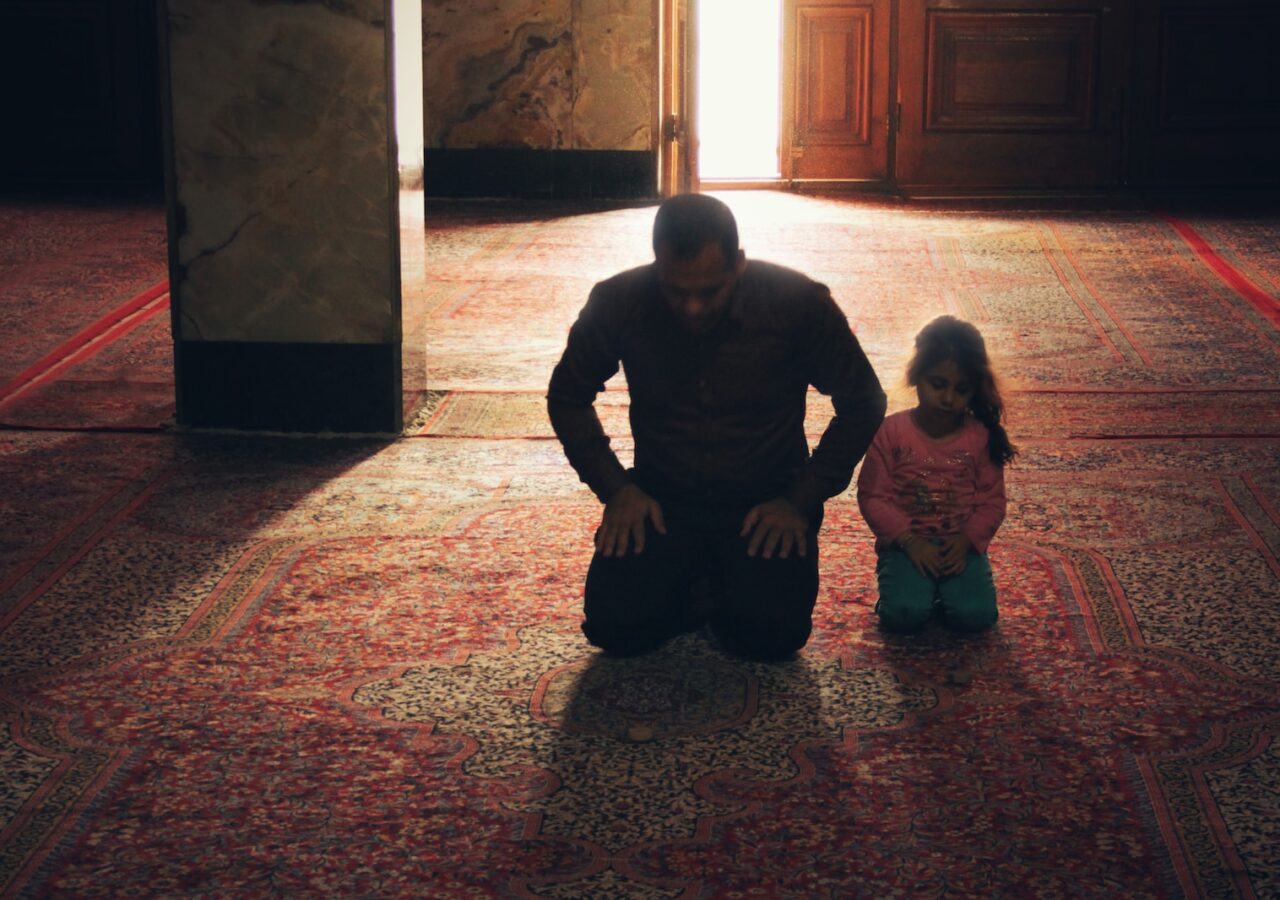Discover the profound wisdom Islam offers on nurturing a harmonious marital life by unveiling the distinct roles and duties of men, enriched with timeless teachings from the Quran and Hadiths.

The narrative surrounding gender roles within marriage has evolved over time, with modern discourses often critiquing traditional frameworks as outdated or sexist. However, Islam provides a clear and balanced perspective on this matter, aiming to foster homes filled with love, warmth, and respect for all family members. This article delves into the intricate and compassionate guidelines Islam provides for men in nurturing a harmonious marital life, enriched by timeless wisdom from Quranic verses and Hadiths.
Guardian and Provider
Central to Islamic teachings is the role of men as the guardians and providers for their families. This duty is not merely a financial obligation but extends to providing a secure and nurturing environment conducive to the growth and well-being of the family. The Quran underscores this duty, stating:
“Men are the protectors and maintainers of women…” (Quran 4:34).
Further elucidation is provided by Prophet Muhammad ﷺ, who stated, “Men have been made guardians and responsible for their families, and as such they are responsible for their dependents” (Mustadrak). This guardianship extends beyond material provisions and encompasses the emotional and spiritual well-being of the family, ensuring a nurturing environment where love and respect flourish.
Love and Kindness
The essence of a wholesome household is embodied in love and kindness, virtues that men are encouraged to practice towards their wives and children. Prophet Muhammad (ﷺ) exemplified these qualities in his life, setting a high standard for men to emulate. His saying, “The more one becomes faithful the more one expresses kindness to his spouse” (Bihar al-Anwar), encapsulates the beautiful correlation between faith and affection within a marital bond. The Hadith urges men to nurture their faith, as it directly impacts the quality of love and kindness they exhibit towards their family, creating a ripple effect of positivity and affection within the household.
Respect and Gratitude
A marital relationship thrives on a foundation of respect and gratitude. Imam Ja’far Al-Sadiq emphasizes
“Whoever marries, must respect his wife” (Biharul Anwar)
This respect nurtures trust, understanding, and appreciation, essential elements for a harmonious marital life. Expressing gratitude, even for the seemingly small gestures or efforts, cultivates a culture of appreciation, which in turn enhances the love and respect between spouses. This mutual respect and gratitude create a positive ambiance within the household, fostering a nurturing environment for both the couple and the children.
Trust and Understanding
Trust is a pivotal cornerstone in a strong marital bond. The dire consequences of false accusations towards a spouse are highlighted by Prophet Muhammad (ﷺ) in his saying, “Whoever falsely accuses a faithful man or woman, Allah would, on the Day of Judgment, hold him on a heap of fire so that he receives the punishment for his sin” (Biharul Anwar). It’s imperative to shun slanderous talk, seek understanding, and align oneself with truth and justice to uphold the sanctity of marriage. Creating a culture of open communication, empathy, and understanding allows for a robust and fulfilling marital relationship that withstands the tests of time.
Protective Jealousy (Gheerah)
Islam encourages a balanced sense of protective jealousy (Gheerah) to ensure the dignity and honor of one’s wife are upheld. However, it also cautions against unjust suspicion or mistrust, promoting a balanced approach rooted in trust, respect, and love. This protective jealousy is a manifestation of care and respect, safeguarding the marital relationship from external harms while nurturing trust and understanding within the marriage.
Loyalty and Helpfulness
Loyalty and a spirit of helpfulness are virtues that significantly contribute to a thriving marital relationship. Imam Ja’far Al-Sadiq warns against the perils of lewd glances in his saying,
“A lewd look is a poisonous arrow thrown by Satan. It is likely that such a glance would be the cause of sorrow and grief for some time” (Wasa’il al-Shiah)
Extending help in household chores, sharing the workload, and exhibiting a partnership in nurturing the family are reflective of a balanced and loving relationship. This sense of partnership not only enriches the marital bond but also sets a positive example for children, teaching them the values of cooperation, respect, and love.
Leadership and Education
Leadership within an Islamic household entails more than just authority; it involves guiding and educating the family in Islamic teachings. This leadership is about setting a righteous example in faith and conduct, nurturing an environment conducive for spiritual and moral growth. Being the leader of the household, men have the duty to educate their families about Islam, leading by example in faith and conduct. It’s about creating a God-centric family, nurturing relationships that are fulfilling, enduring, and anchored in Islamic values.
Conclusion
Islam provides a beautiful and balanced framework for men in nurturing a harmonious and God-centric family. By adhering to these divine guidelines, men can contribute significantly to creating a loving, respectful, and nurturing environment within their homes, ensuring a fulfilling and enduring marital life. Through understanding and implementing these roles and duties, men can lead their families on a path of love, respect, and spiritual growth, fulfilling the beautiful vision of family life as outlined in Islam.


